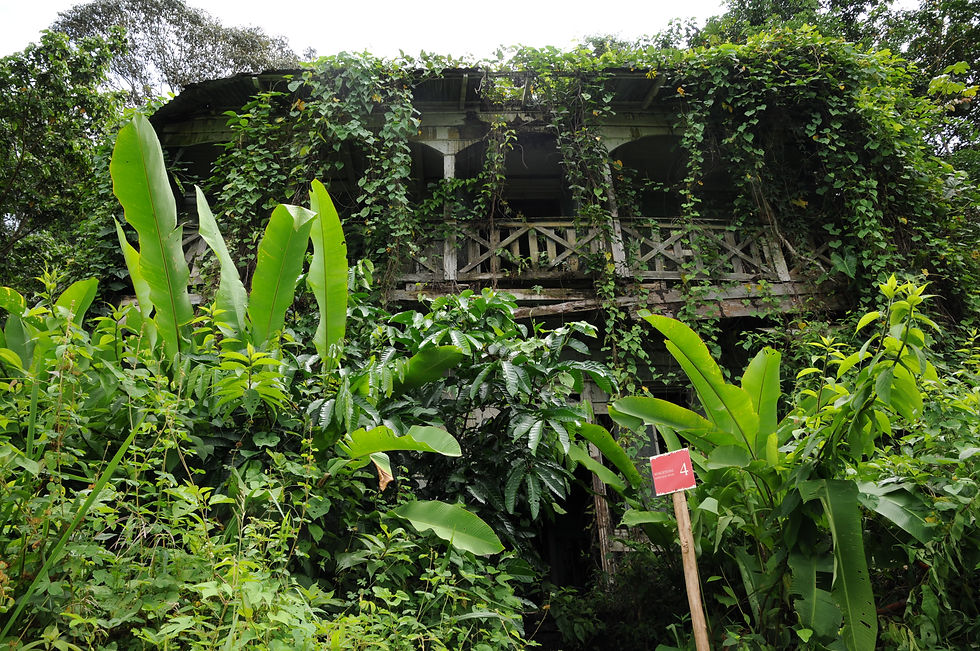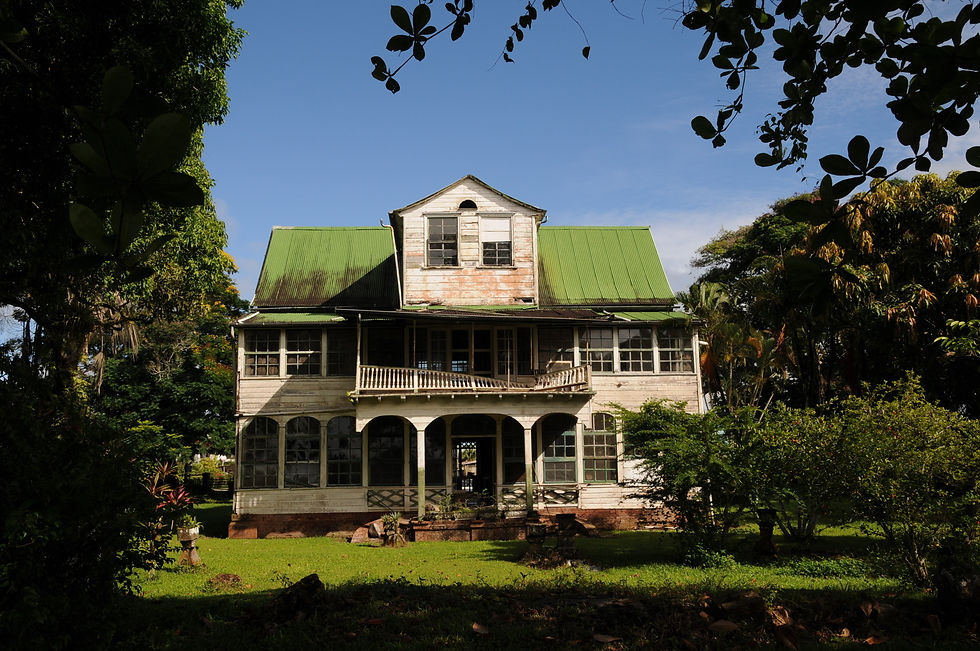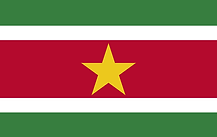Suriname
















Historical Relationship
Suriname is the smallest independent country in South America, with a population of less than 600,000 people. Apart from a small minority of indigenous people, almost all the inhabitants of the country have their roots outside of Suriname, making the history of the country a very unique one.
The Spanish explorers were the first Europeans to investigate the area now known as Suriname, but they did not stay long in the country. A century or so later the English and the Dutch came to the Guyana region with the aim to establish colonies. The colonies of Suriname grew in importance, the number of plantations and communities along the coastal regions increasing yearly, cultivating coffee, cocoa, sugar cane and cotton. These plantations became the most important economic activity in Suriname at the time and became intricately involved with the Slave Trade, as slaves were transported to the Suriname plantations to fill the demand for workers. Suriname became one of the biggest markets for the Dutch West India Company (WIC) who were intimately involved in the Slave Trading activities in South America.
An interesting feature of the Suriname communities at this time was the high number of Jewish colonists who fled their homes in Europe to seek safety and a new life in Suriname and Brazil. The capital of Suriname, Paramaribo, is one of the only places in the world where you can find a mosque built next to a synagogue. In 1667 the colonies were taken over by the Dutch as a result of a power struggle between the Netherlands and Britain. This culminated in the Treaty of Breda, which entailed that the Dutch kept control of the colony of Suriname with the British receiving supremacy over New Amsterdam, which they subsequently renamed New York in honour of the Duke of York.
By the end of the 17th century the Dutch West India Company (WIC) became the partial owner of the colony, together with the newly established society; De Geoctroyeerde Societeit van Suriname’. During the 18th century the colony was taken over by the British for almost 20 years, during the struggles and animosity with the French. It was later returned to the newly independent Kingdom of the Netherlands.
In 1863 slavery was abolished, and this had rapid implications for the demography of Suriname. Labour was still needed to work the vast plantations and indentured labourers from India and Indonesia, later also China, were now brought to Suriname to work. Thus although Suriname still has a very small population, it is one of the most ethically and culturally diverse in the world.
Following the Second World War the political structure of Suriname changed and it was given more autonomy, and the independence of the Republic of Suriname was achieved in 1975. Shortly following this independence, many of the Europeans repatriated back to the Netherlands, and around 300,000 Surinamese also decided to move to Europe and take Dutch citizenship. The number of Surinamese people living in the Netherlands is almost half the amount of inhabitants still living in Suriname. Thus the history and populations of the Netherlands and Suriname are intricately joined together and traces of these intercultural relations have often been referred to as Mutual Cultural Heritage.
Suriname and the Netherlands have had a long-lasting relationship when it comes to heritage, and Suriname is one of the Priority Countries identified by the Dutch government in line with the Mutual Cultural Heritage Policy.




